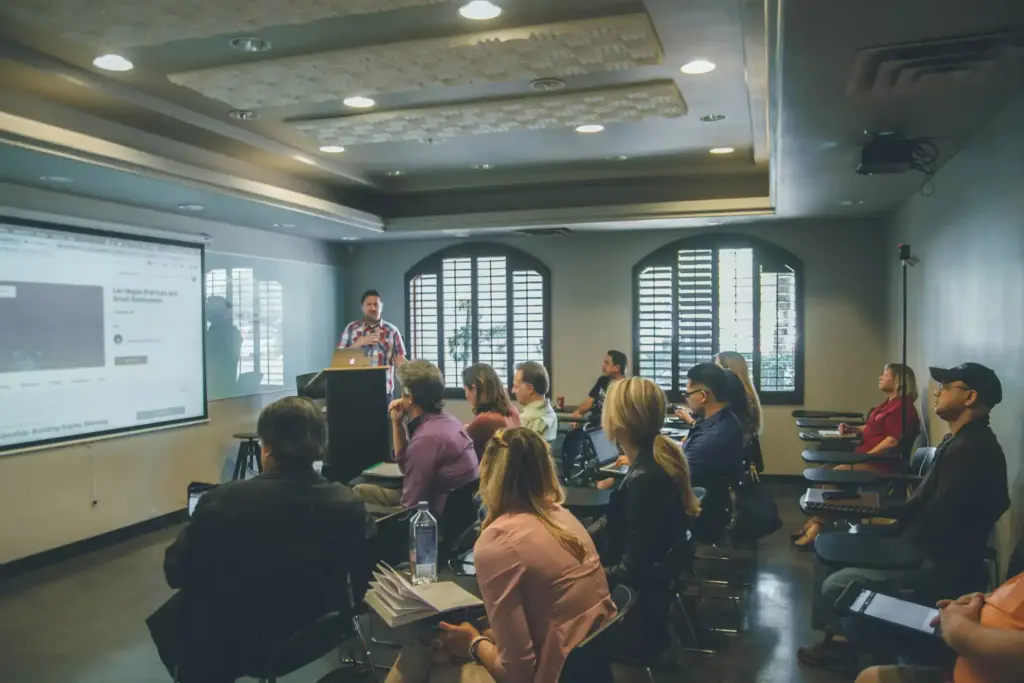In today’s rapidly evolving world, the field of education is undergoing a transformative shift. This change is driven by the integration of new technologies and innovative teaching methodologies that promise to redefine how students engage with knowledge. As we look to the future, several groundbreaking trends are poised to revolutionize the educational landscape, making learning more personalized, accessible, and effective than ever before.
One of the most exciting advancements is the rise of digital platforms that cater to diverse learning needs, allowing for a more tailored educational experience. These platforms leverage data analytics to adapt to individual learning styles, ensuring that each student can learn at their optimal pace and mode of understanding. This personalized approach not only enhances learning outcomes but also ignites a passion for learning among students.
Amidst these developments, it’s crucial for students to remain updated on these trends. For those wondering about the best ways to harness these innovations for their academic success, platforms like EssayPro offer invaluable resources. At EssayPro, students can find professional guidance to write my college essays and gain insights into integrating these educational tools effectively!

Emerging Trends in Education
1. Personalized Learning Environments
Personalized learning is at the forefront of educational innovation. By using artificial intelligence and machine learning, educational platforms can now offer custom lesson plans that adapt to the learner’s speed and style. This means courses are no longer one-size-fits-all but tailored to meet the unique needs of each student.
2. Gamification of Learning
Gamification is turning learning into a more engaging and interactive process. By incorporating game design elements into educational content, educators can increase student interaction and motivation. This approach not only makes learning fun but also improves retention rates and encourages continuous learning.
3. Augmented Reality (AR) and Virtual Reality (VR)
AR and VR are redefining traditional learning spaces. These technologies provide immersive learning experiences that were once unimaginable. From virtual field trips to complex surgical procedures in medical training, AR and VR are enhancing the educational experience by bringing concepts to life.
4. Blockchain in Education
Blockchain technology is beginning to play a pivotal role in education by making the sharing of academic credentials simpler and more secure. This technology offers a decentralized way to manage records, reducing the possibility of fraudulent activities and enhancing the transparency of educational qualifications.
5. Rise of Microcredentials
As the job market continues to evolve, there is a growing emphasis on continuous learning and skill development. Microcredentials offer a way for learners to acquire specific skills quickly without committing to a long-term program. These credentials are recognized by employers and are particularly beneficial for students looking to enhance their employability quickly.
Challenges and Solutions
While the integration of these technologies presents a promising future, it also brings challenges, such as the digital divide and the need for infrastructure improvements. To overcome these, educational institutions must invest in robust digital platforms and ensure that all students have equal access to these learning opportunities.
Extended Exploration into Educational Technologies
Interactive Textbooks and E-Learning Tools
One of the most significant advances in modern education is the development of interactive textbooks. These digital books are not only eco-friendly but come embedded with videos, tests, and interactive diagrams that help students grasp complex subjects effectively. Such textbooks can adjust content according to the student’s progress and provide instant feedback, which is crucial for learning complex subjects like mathematics or science.
Artificial Intelligence (AI) in Education
Artificial intelligence is making significant strides in personalized education. AI systems can analyze the data from students’ interactions with digital platforms to tailor educational content.
This technology also supports educators by automating administrative tasks, allowing more time for teaching and less for paperwork. Moreover, AI tutors are providing additional support, offering students extra help in areas they struggle with, thereby ensuring no student is left behind.
Collaborative Learning Platforms
The rise of collaborative platforms has revolutionized group projects and peer-to-peer interaction among students. These platforms allow students from around the globe to communicate, share resources, and work on projects in real time. They replicate a virtual classroom environment where students can engage in discussions and share insights, fostering a richer learning experience.
Adaptive Learning Technologies
Adaptive learning technology is a game-changer for education at all levels. These systems use algorithms to deliver customized resources and learning activities that suit the pace and style of each learner. This approach helps in addressing the individual challenges students face, making learning a more efficient and enjoyable process.
Education Analytics
Big data and analytics are playing a crucial role in understanding student behaviors and improving educational strategies. Educational institutions are using data analytics to monitor students’ progress and predict future performance. This information is invaluable for educators to refine their teaching methods and offer targeted interventions to help students succeed.
Global Learning Communities
The internet has facilitated the creation of global learning communities where students from different parts of the world can collaborate and share knowledge. This global interaction is vital as it exposes students to diverse perspectives and ideas, preparing them for a connected world.
These communities also provide a platform for cultural exchange and global awareness, which are critical in today’s globalized society.
Sustainability in Education
Sustainability is becoming a core part of educational curricula worldwide, with schools incorporating eco-friendly practices and sustainability studies into their courses.
This not only teaches students about the importance of protecting the environment but also encourages them to think about how they can contribute to a sustainable future.
Final Thoughts
The future of education is undeniably exciting with the advent of technologies that make learning more accessible, engaging, and tailored to individual needs. As we continue to embrace these changes, it is crucial for students and educators to remain adaptable and forward-thinking.
By staying informed and proactive, students can fully leverage these innovations to enhance their learning experience – and prepare for a successful future!
